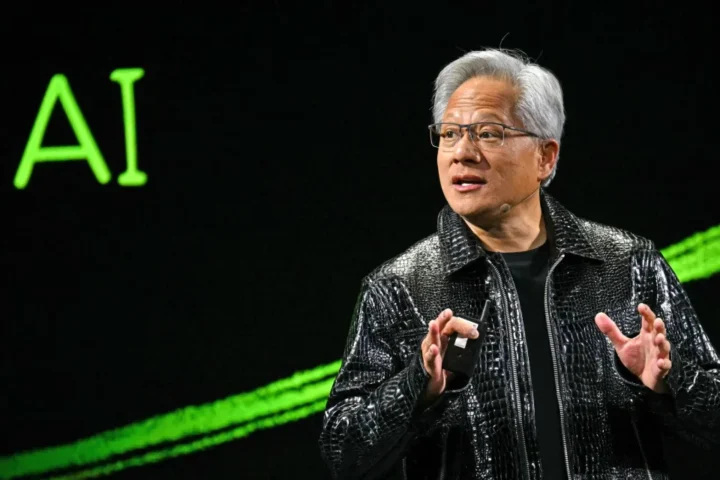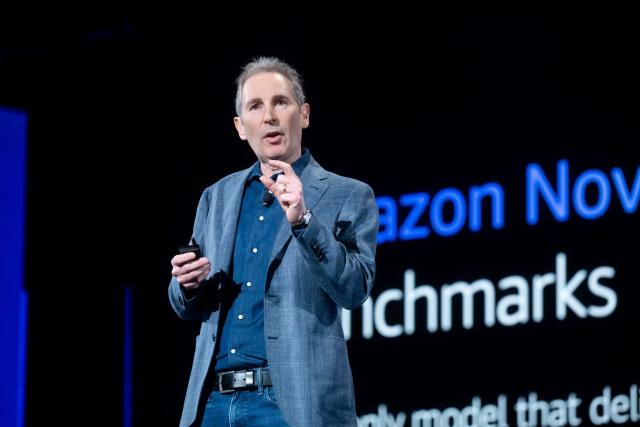Dr. Ray Islam (Mohammad Rubyet Islam) is stepping in with a message in the artificial intelligence (AI) field, where innovation races ahead and ethical concerns trail behind. Wiley released a new book, “Generative AI, Cybersecurity, and Ethics,” by the AI consultant and professor in December 2024.
Academia Meets Action
Dr. Islam’s vantage point gives him a perspective on the challenges posed by cutting-edge technology. As an adjunct professor, he taught generative AI at George Mason University and cybersecurity at the University of Maryland, College Park, emphasizing the ethical implications of these rapidly evolving fields. Meanwhile, as an AI consultant for the United States government, he develops solutions that directly impact public policy and operations.
His work spans agencies like the National Aeronautics and Space Administration (NASA), the Centers for Medicare & Medicaid Services (CMS), and the White House. These projects showcase his ability to turn complex theoretical ideas into practical tools that make a difference. He says he finds inspiration in both roles.
“Teaching allows me to shape the next generation of leaders, while consulting keeps me grounded in real-world challenges,” he says.
Dr. Islam’s educational and professional background is as broad as deep. With mechanical engineering, marketing, and computer science degrees and studies underway at the Massachusetts Institute of Technology, his expertise crosses disciplines and borders. His career has taken him to five countries across three continents, giving him a global perspective on how AI can address challenges that transcend national boundaries.
A Book for the Here and Now
Dr. Islam’s new book tackles the pressing ethical and security concerns that generative AI raises. The technology has demonstrated capabilities to create art, text, and fully immersive environments, but it has also raised serious questions. What happens when misinformation spreads faster than facts? How can businesses ensure their AI tools do not unintentionally embed harmful biases? And what safeguards can protect against the cybersecurity threats these technologies may enable?
“Generative AI, Cybersecurity, and Ethics” offer readers a way to grapple with these issues. The book explores real-world scenarios and provides a roadmap for balancing innovation with responsibility.
Dr. Islam is clear about the stakes. “AI is not just about what it can do, but about the decisions we make about how to use it,” he says. He argues that without ethical considerations, the technology risks causing harm that could have been avoided.
The book targets a diverse audience, including students, policymakers, and industry professionals. Its insights are designed to spark action, from boardrooms to government offices, ensuring that conversations about AI ethics do not remain abstract but lead to concrete change.
More Than a Book: A Mission
Dr. Islam sees his work as part of a broader mission to democratize knowledge. He believes strongly that education should be accessible to everyone, regardless of their background or location. This belief drives his writing, teaching, and public speaking engagements.
He has developed AI tools that have improved healthcare outcomes, strengthened national security, and optimized financial systems. Yet he remains equally passionate about his role in academia, where he prepares students to face the challenges of tomorrow’s technological landscape. For Dr. Islam, these two facets of his career are deeply interconnected.
“Innovation starts in the classroom,” he says. “When students understand the ethical dimensions of AI, they bring that mindset into the solutions they create.”
This philosophy has made him a sought-after speaker and mentor in the international AI community. His recognition in the 2024-25 edition of Marquis Who’s Who in America highlights the growing impact of his work, as does his active participation as a reviewer for top-tier journals and conferences.
Big Ideas, Bigger Impacts
Dr. Islam’s career provides examples of how technology can be a force for good when applied thoughtfully. His work for entities, such as CMS and NASA has supported missions pushing human knowledge’s boundaries. At the same time, his contributions to organizations like Capital One and Carrefour have helped these companies leverage AI in smarter, safer ways.
But his achievements go beyond specific projects. He is shaping the conversation about what it means to innovate responsibly in a world where the pace of change often outstrips society’s ability to adapt. He hopes his book will inspire others to think more critically about their choices when developing or deploying AI.
At its heart, “Generative AI, Cybersecurity, and Ethics” is a call to action. It invites readers to engage with the technology as creators or users but as stewards of its potential. Dr. Islam says he is optimistic about the future as long as ethical frameworks are implemented.
“The choices we make today about AI will ripple out for generations,” he says. “We have the power and the responsibility to make those choices wisely.”
Shaping the Future
With the book now released, Dr. Islam continues to juggle his many roles. Whether lecturing in a classroom, advising a government agency, or writing his following paper, he focuses on fostering a more ethical and inclusive technological landscape.
He also looks forward to seeing how his book resonates with a global audience. He hopes it will spark discussions and inspire actionable solutions that address AI’s promise and perils.
Dr. Islam’s work shows the relationship between technology and human decision-making. He believes it is possible to create a future where AI serves humanity by keeping ethics at the center of those decisions, not the other way around.
“Generative AI, Cybersecurity, and Ethics” is not just a book but an invitation to join a movement. With his characteristic blend of pragmatism and vision, Dr. Ray Islam contributes to discussions about a world where technology and humanity move forward together.








